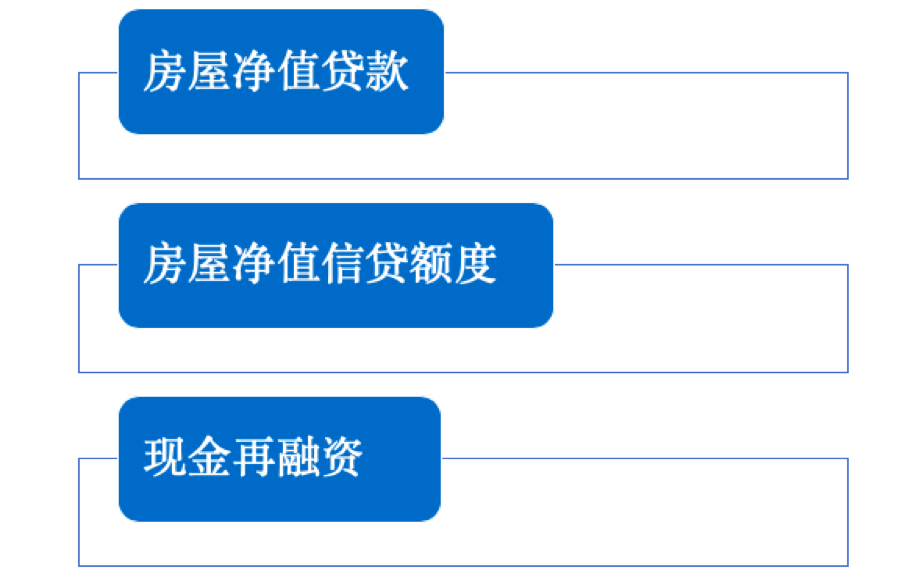Understanding Home Equity Loan Limits: What You Need to Know
#### What are Home Equity Loan Limits?Home equity loan limits refer to the maximum amount of money that lenders are willing to extend to borrowers based on……
#### What are Home Equity Loan Limits?
Home equity loan limits refer to the maximum amount of money that lenders are willing to extend to borrowers based on the equity they have built up in their homes. Equity is the difference between the current market value of a home and the outstanding mortgage balance. For instance, if your home is worth $300,000 and you owe $200,000 on your mortgage, you have $100,000 in equity. Lenders typically allow you to borrow a percentage of that equity, often ranging from 80% to 90%.
#### Factors Influencing Home Equity Loan Limits
Several factors can influence the home equity loan limits set by lenders. These include:
1. **Credit Score**: A higher credit score often qualifies borrowers for larger loan amounts and better interest rates. Lenders assess creditworthiness to determine the risk of lending.
2. **Income and Debt-to-Income Ratio**: Lenders evaluate your income and existing debt obligations. A lower debt-to-income ratio indicates that you have a good balance between your income and your debts, making you a more attractive candidate for a home equity loan.
3. **Current Home Value**: The market value of your home can fluctuate. If your home appreciates, your equity increases, which may allow for higher loan limits. Conversely, if the market declines, your equity may decrease, affecting your borrowing capacity.
4. **Loan-to-Value Ratio (LTV)**: This ratio compares the loan amount to the appraised value of the property. Lenders typically prefer a lower LTV, which indicates less risk.
#### Types of Home Equity Loans
There are two primary types of home equity loans:
1. **Home Equity Loan**: This is a one-time lump sum loan, where you receive the entire amount upfront and repay it in fixed monthly payments over a set term. This is ideal for borrowers who need a specific amount of money for a one-time expense, such as home renovations or debt consolidation.
2. **Home Equity Line of Credit (HELOC)**: This option functions more like a credit card. Borrowers can draw funds as needed up to a predetermined limit during a draw period. After this period, the borrower enters a repayment phase. HELOCs are flexible and can be useful for ongoing expenses.
#### Benefits of Home Equity Loans
Home equity loans offer several advantages:

- **Lower Interest Rates**: Compared to unsecured loans or credit cards, home equity loans generally have lower interest rates because they are secured by your property.
- **Tax Deductibility**: In some cases, the interest paid on home equity loans may be tax-deductible, especially if the funds are used for home improvements.
- **Large Loan Amounts**: Home equity loans can provide significant amounts of money, making them suitable for major financial needs.
#### Risks and Considerations
While home equity loans can be beneficial, there are also risks involved:
- **Risk of Foreclosure**: Since these loans are secured by your home, failing to repay can lead to foreclosure.

- **Market Fluctuations**: If the housing market declines, you may owe more than your home is worth, which can complicate future financial decisions.
- **Fees and Closing Costs**: Home equity loans may come with fees, closing costs, and other expenses that can add to the overall cost of borrowing.
#### Conclusion
Understanding home equity loan limits is crucial for homeowners looking to leverage their property’s value for financial needs. By considering factors such as credit score, income, and property value, you can better navigate the borrowing process. Always weigh the benefits against the risks and consult with financial advisors or lenders to make informed decisions. Whether you opt for a traditional home equity loan or a HELOC, being well-informed will help you utilize your home’s equity effectively.